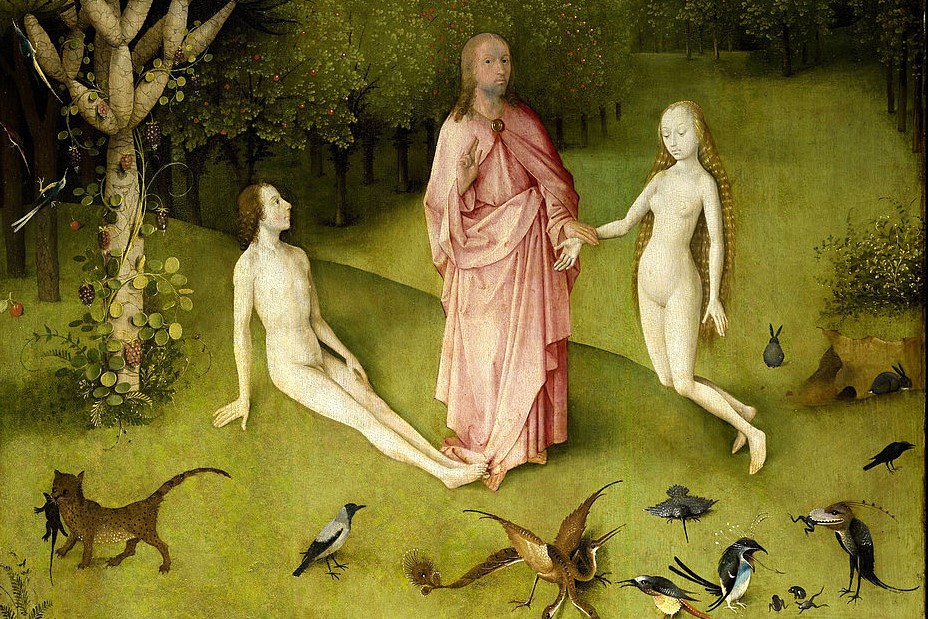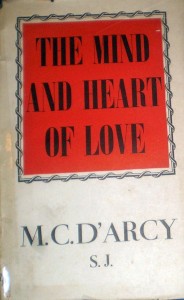
Our religious beliefs are not private, because they shape our experiences of fundamental realities such as sex and reproduction, which, in turn, influence what happens in the public square.
In other words, even those things we tend to do in private with our privates have public consequences.
 This has implications for our understanding of secularization.
This has implications for our understanding of secularization.
I’ve argued in Who Knew Sex Helps You to Experience God’s Presence in the World? that what we usually call “secularization” is better labeled as “Protestantization.” I argue this, because the privatization of sex (and religion) is in more tune with The Protestant Imagination‘s tendency to contrast God over and against the world.
If you want to look at this problem from a completely different angle, then see how Vincent Pecora’s Secularization without End: Beckett, Mann, Coetzee, which argues that the absence of God in the literary works of those modernist authors is a theologically Protestant stance, which helps to make sense of their otherwise incongruous obsessions with God’s absence.
The theological flip side of this (think of how much Dante’s Commedia differs from those authors!) is Fr. Martin D’Arcy presentation of the Catholic imagination‘s drive toward nuptial unity with God, in The Mind And Heart Of Love: Lion And Unicorn, A Study In Eros And Agape:
The perfection of love… is to be found in personal friendship, whether between a man and a woman, between man and man or between man and God. When God revealed himself as love, the last fear was removed from man’s heart. Neither God nor nature, nor other human beings were enemies and a menace. They could all be looked at with interest and love, and in the case of persons love could be mutual. Even Eros, if it knows its own nature, can go with Agape.
How does this translate into, uhm, practice? This is a summary of sociologist Andrew Greeley’s findings in Sex: The Catholic Experience:
68 percent of Catholics have sex at least once a week, versus 56 percent of non-Catholics.
- 50 percent of Catholics over 55 have sex once a week, versus 40 percent of non-Catholics.
- 3 out of 10 Catholics have purchased erotic underwear, versus 2 out of 10 non-Catholics.
- 64 percent of Catholic women scored high on a “sexual playfulness” scale that included activities such as undressing your spouse, showering or bathing with your spouse, swimming nude with your spouse, and experimenting with sexual techniques, versus 42 percent of non-Catholic women.
- Protestants married to Catholics have more sex than Protestants married to other Protestants, and way more sex than Protestants married to Jews. (Sixty-one percent of Protestants married to Catholics have sex once a week or more; just 54 percent of Protestants married to other Protestants do it that often, and only 40 percent of Protestants married to Jews.)
The difference between the Catholic imagination and generic post-Protestant American social imaginary is as expected. What’s most striking is how wide a gulf opens between Americans who identify as Catholics and those who identify as Protestants. The reason for it? . . .
















